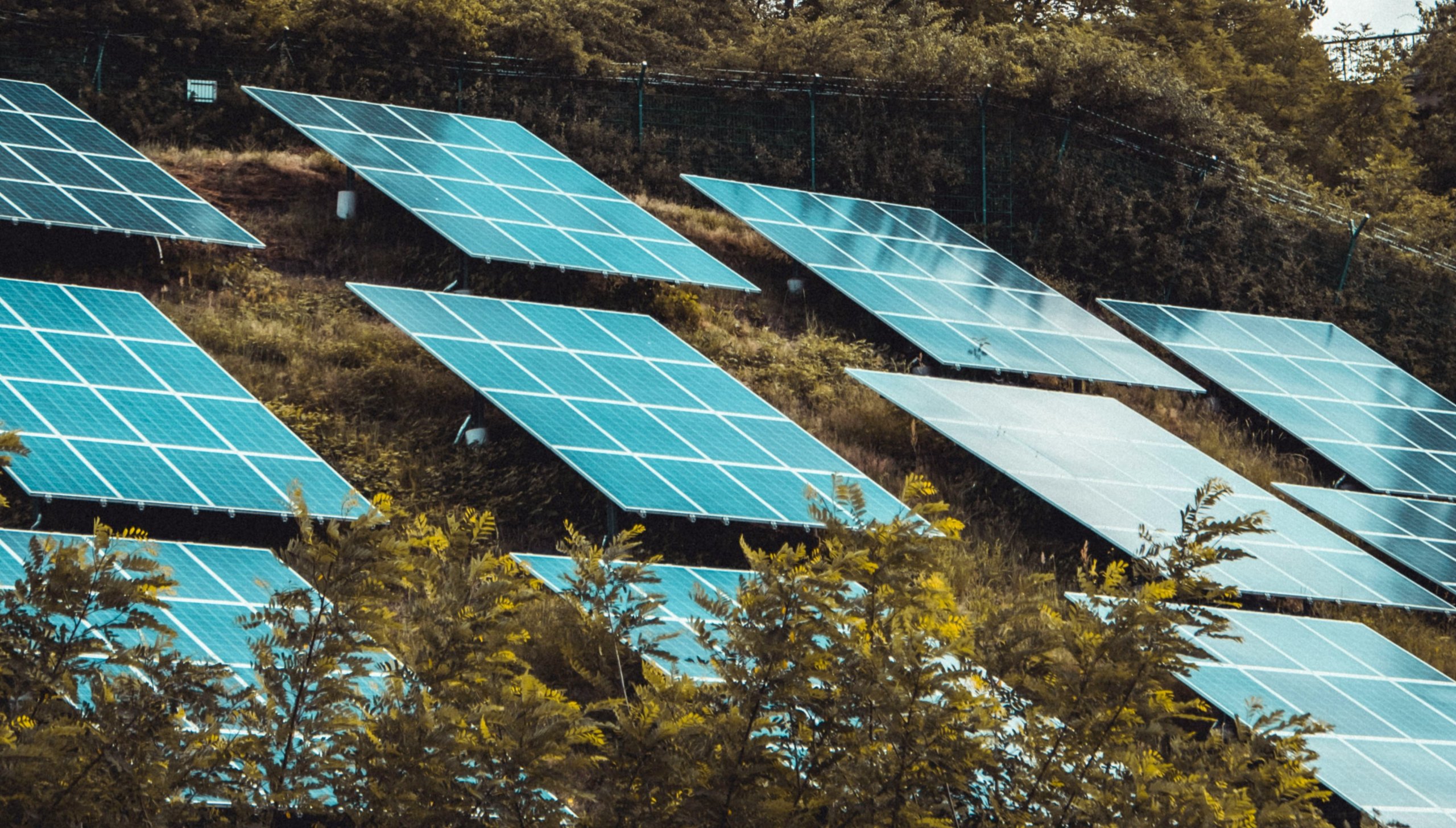
Khalifa University research team develops a blockchain solution to enhance the accountability and integrity of the rare earth element supply chain in photovoltaic manufacturing
Solar energy has emerged as the most cost-effective and mature form of renewable energy in many parts of the world and is therefore expected to significantly contribute to the global shift away from reliance on hydrocarbons and fossil fuels. Solar energy is harvested by photovoltaic (PV) solar panels, which are made of cells, which themselves are made of semiconductor minerals.
Certain thin-film solar technologies rely on materials such as gallium, indium, and tellurium, which presents several challenges. While these elements are used in other technologies like smartphones, they are also subject to geopolitical and market arising from scarcity, rarity, difficulty of mining, and/or concentration in specific regions. The monopolization of their supply and processing by relatively few countries, particularly China, raises concerns about sustainability, ethical labor practices, and supply chain vulnerabilities, especially since there are no direct substitutes.
Sustainable supply chain management and responsible sourcing are crucial strategies in mitigating these challenges. A team of researchers from Khalifa University has developed a blockchain-based solution to safeguard the supply chain of thin-film solar PVs. Their solution leverages the intrinsic decentralized blockchain properties of traceability, transparency, and accountability in the supply chain, as well as safeguarding the ethical conditions of workers during mining. The team included: Assia Chadly, Research Associate, Haya Hasan, Research Associate; Karim Moawad, Graduate Research and Teaching Assistant, Prof. Mohammed Omar, Dr. Ahmad Mayyas, Assistant Professor, all Department of Industrial and Systems Engineering; and Prof. Khaled Salah, Department of Electrical Engineering and Computer Science.
Their results were published in the Journal of Cleaner Production, a top 1% journal.
“The supply chain of rare earth metals is often characterized by opacity, inefficiencies, and security concerns,” Dr. Mayyas says. “Also, the certificates covering solar PVs are purely technical and fail to consider ethical sourcing and sustainable supply chain management conditions of mining. Our solution paves the way to ethical mining where these certificates are not granted unless both technical and ethical conditions are met.”
Blockchain technology offers an immutable and tamper-proof ledger of data and transactions as a shared database, validated by a wide community. Each record created forms a block, and as each block is confirmed by the community, it is paired up with the previous entry in the chain, creating a chain of blocks. Blockchain technology, with its decentralized and transparent nature, could be a pivotal tool in enhancing sustainable supply chain management, ensuring that REEs are sourced responsibly and ethically. Using this technology, the entire supply chain can track the conditions of mining sites, verify labor practices, and certify the authenticity of the materials used in solar PVs. The solution ensures that the manufactured thin-films respect the ethical mining conditions as much as the technical ones, and guarantees both certificates prior to distribution to end customers.
“Smart contracts enable the on-chain traceability of the registration, manufacturing, assessment, delivery, and disposal of solar PVs,” Dr. Mayyas says. “The blockchain solution ensures that every piece of information at every stage of the supply chain is well-recorded. It also ensures the commitment of the main actors involved in the supply chain as all of them are held accountable for their actions. Since all stages of the supply chain including mining, production, and manufacturing are on-chain, it is easy to trace back every stage to its source.”
The team’s proposed blockchain solution provides traceability from the mine to the end user, encompassing several features, including compliance with ethical mining standards, accountability, and certification. Future enhancements could include a comprehensive system for managing the end-of-life for PVs, beyond simple recycling; incorporating inventory management for optimization; and implementing a system of rewards and sanctions on the blockchain by certification authorities to encourage adherence to ethical practices.
Jade Sterling
Science Writer
14 February 2024